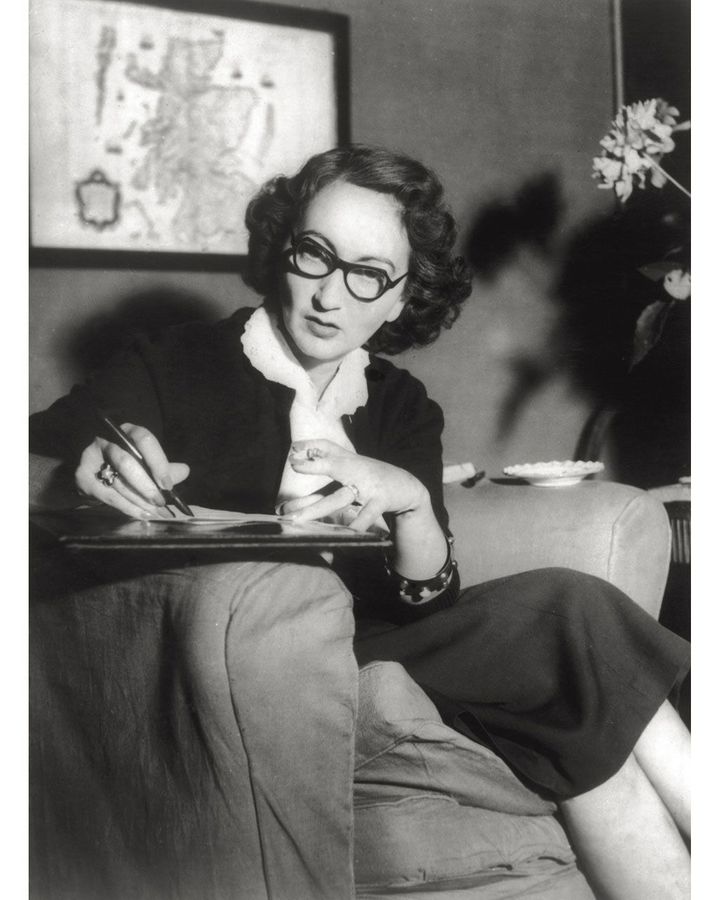If reading her diary entries feels like uncovering a secret, that feeling is only heightened by the fact that the novel itself has been out of print for decades. It has recently been reissued, first in Italy, and now in a new English language translation by Ann Goldstein. Goldstein is best known for translating Elena Ferrante’s works, and it was Ferrante who first alerted her to Alba de Céspedes, with the author referencing her in her non-fiction 2003 book Frantumaglia:
A Writer’s Journey. “She mentions her twice in Frantumaglia actually,” says Goldstein. “She has this list of writers who are encouraging, and De Céspedes is one of them.” Goldstein then tried to track De Cespedes’ work down but struggled to find it. “I was interested in her, but I couldn’t find any of her books. It was crazy.”
In her day, Alba de Céspedes was one of the most popular authors in Italy, widely read not just in her own country, but many others too. “She was very well known in her day and then just kind of faded to almost obscurity with many other women writers too,” says Goldstein.
When Goldstein finally got hold of a copy of Forbidden Notebook – published in Italian as Quaderno Proibito – she was enthralled. “It was just stunning in how modern it seems to me,” she says. “The things that she discovers, she sees, it’s what we all struggle with still, and that was a little alarming. Immediately you’re just so pulled into it and engaged, it’s just amazing. I just feel like everybody should read this book.”
She’s not the only person to be dazzled by De Céspedes’ writing. Last year’s Nobel Prize for Literature winner Annie Ernaux said: “Reading Alba de Céspedes was, for me, like breaking into an unknown universe.” The author Jhumpa Lahari is also a fan, contributing a foreword to the new edition of Forbidden Notebook, in which she writes that it still “blazes with significance. Women’s words are still laughed at, still silenced, still considered dangerous. De Céspedes vindicates, artfully and ardently, a woman’s right to write – a right that must never be taken for granted.”


